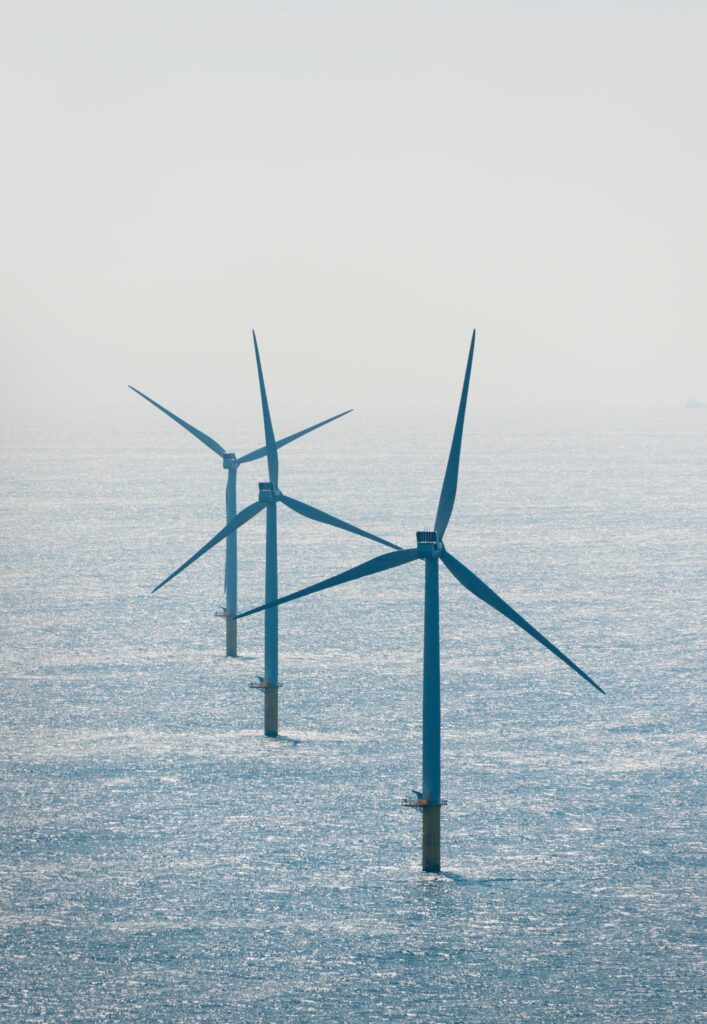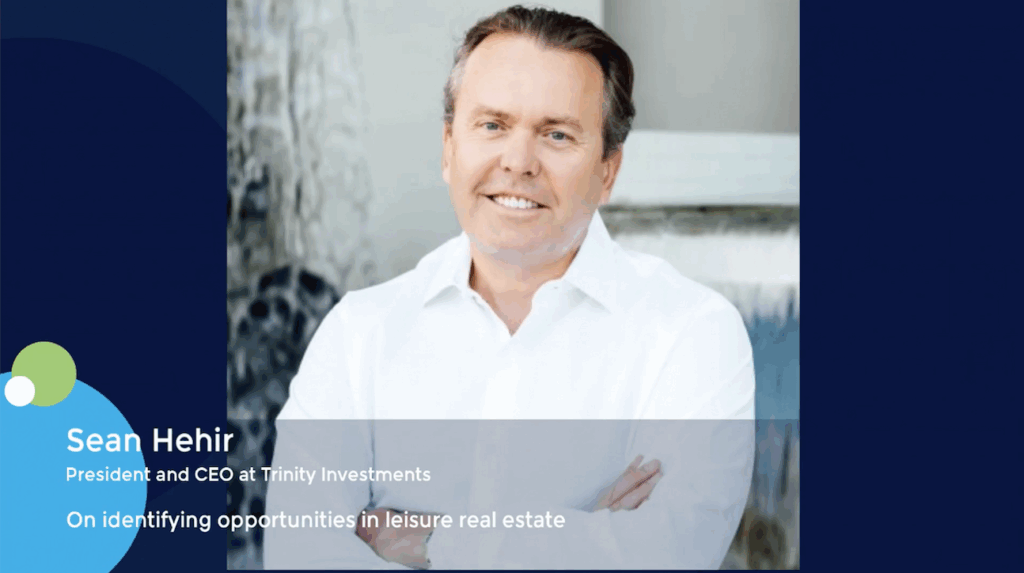India’s True North generates 10x return on Infinity Fincorp sale to Partners Group
- True North incubated non-bank financier to support separate portfolio company
- Significant bank debt and VC funding set company on start-up-style growth path
- Partners Group was motivated to bid high after recent success with similar business
India’s True North Managers is set to generate a 10x return and 40% IRR on its investment in Infinity Fincorp after agreeing to sell the non-bank financial company (NBFC) to Partners Group for INR 19.5bn (USD 230m).
It represents an unusual venture capital-style investment for the middle-market private equity firm, which incubated Infinity in 2017 with an initial INR 1.2bn investment. The goal was to create a financial services partner to serve another portfolio company, National Bulk Handling Corp (NBHC), which was acquired three years earlier for about INR 2.4bn.
NBHC, an agricultural warehousing company, needed an NBFC for agri-commodity trading. It worked closely with Infinity but was always a separate entity. Both companies were backed by True North’s fourth fund, which closed on USD 725m in 2009.
Infinity gradually transitioned away from commodities toward the larger and more lucrative micro-loans against property (micro-LAP) segment, where small business owners borrow in the range of USD 4,000 against their homes. This is an area of expertise at True North, which covered similar turf with investments in NBFCs such as Fincare, Home First Finance, and Fedbank Financial Services.
By 2020, Infinity’s agri-commodities exposure was zero. As of last March, it had INR 12bn in micro-LAP assets under management (AUM), with a staff of 1,500 serving 50,000 customers across 130 branch locations in eight Indian states.
“We were always very particular about growing profitably, so everything was well thought through and tightly run,” said Maninder Juneja, a partner at True North.
“We were methodical in setting up branches, building the team, product, and the whole credit structure. We had zero NPLs [non-performing loans] in many branches in our focus states, because we were careful and systematic about where we did business.”
Operationally robust
Juneja, who served temporarily as NBHC’s CEO, guided this process, leveraging a two-decade career at ICICI Bank to help Infinity secure INR 9bn in debt from more than 15 major lenders, including ICICI, IDFC Bank, HDFC Bank, Tata Capital, and AU Bank. He claims Infinity has been profitable every year since it launched.
In the more recent term, growth has been accelerated by an influx of venture funding. Singapore’s Jungle Ventures, US-based Archerman Capital Management, and local sector specialist Beams Fintech Fund provided about USD 100m across two multi-tranche rounds in 2024 and 2025. True North’s position in Infinity dropped from about 90% to 62%.
The infusion appears to have worked. Infinity’s AUM grew by 65% between the 2024 and 2025 financial years, according to Nitin Nayak, a partner at True North. Profit after tax rose 67% during the same period to INR 430m for FY25.
“The first step is to lay a strong credit underwriting and distribution foundation and then run it frugally. Once all that machinery is in place, that’s when you can step out to drive growth,” Nayak said.
Cultural transformation was also an important ingredient, particularly since pivoting from commodities to micro-LAP required a significant replacement of staff as well as greater attention to local sensibilities in lower-tier cities.
Nayak described Infinity as having the lowest attrition levels in its peer set thanks to various incentive structures and management outreach efforts such as the CEO being directly involved in 60%-70% of recruiting, even for junior sales positions.
“The first thing we did in terms of culture was to get the regional heads right. The first 15-20 people were the best in their market – maybe not the most senior but they had the best reputations,” Juneja added.
“We also had a very liberal ESOP [employee stock ownership plan], which got us very good talent. People were loyal and saw company involvement. All of us were directly in communication on product, the kinds of customers to choose, and how to choose them.”
Path to exit
By 2021, Fund IV was beyond the 10-year mark, prompting True North to move Infinity into a continuation vehicle (CV) backed by a mix of continuing and new LPs. It was one of two companies in the multi-asset vehicle, alongside Fincare, which merged with AU Small Finance Bank in 2023, providing an exit for True North and several PE co-investors.
Infinity also mirrors the Fincare experience in the sense that both businesses were in some ways made from scratch. True North built Fincare in 2010 by acquiring two NBFCs, Future Financial Services and Disha Microfin. With the sale of Infinity, more than 80% of the value of the CV holding the two businesses has been exited.
A sale process for Infinity was launched in early April, although the company has been fielding buyer interest for the past two years, Nayak observed. A shortlist of eight prospective buyers, all private equity firms said to be of similar stature as Partners Group, was drawn up.
Following the selection of a preferred bidder in mid-June, a transaction document was signed earlier this month. The deal remains subject to customary regulatory approvals. Jungle, Archerman, and Beams Fintech remain invested.
Partners Group was incentivized to be competitive, outbidding its rivals by a decent margin, according to Nayak. The global firm claims its first investment in India’s NBFC space, Aavas Financiers, grew AUM by 12x, net income by 18x, and branch network by 7x during its holding period.
Partners Group teamed up with local GP Kedaara Capital to acquire Aavas for INR 9.5bn in 2016. Two years later, the company went public, allowing Partners Group to take INR 5bn off the table. Subsequent open market sales delivered about INR 30bn, including a final sale earlier this month to CVC Capital Partners, which has made a separate open offer to take control of the business.
It’s worth noting that Infinity operates in a similar space to Aavas in terms of underlying customers and geographies, adding to the appeal for Partners Group. Infinity is also on track to be an approximately INR 16.5bn AUM business by the end of CY25, similar in the size of Aavas when Partners Group acquired it.
As for True North, dabbling in start-ups and cooperating with VC firms has given the firm a rare homerun-style return. So, will there be more experiments at this end of the risk spectrum?
“Multi-bagger returns are typically generated from early-stage investments or in cases that involve significant business transformation, which are both higher-risk areas than investing in mature businesses,” Nayak said. “Our primary focus is on investing in relatively mature, well performing companies, aiming to generate our target [25%] IRR with high certainty.”











